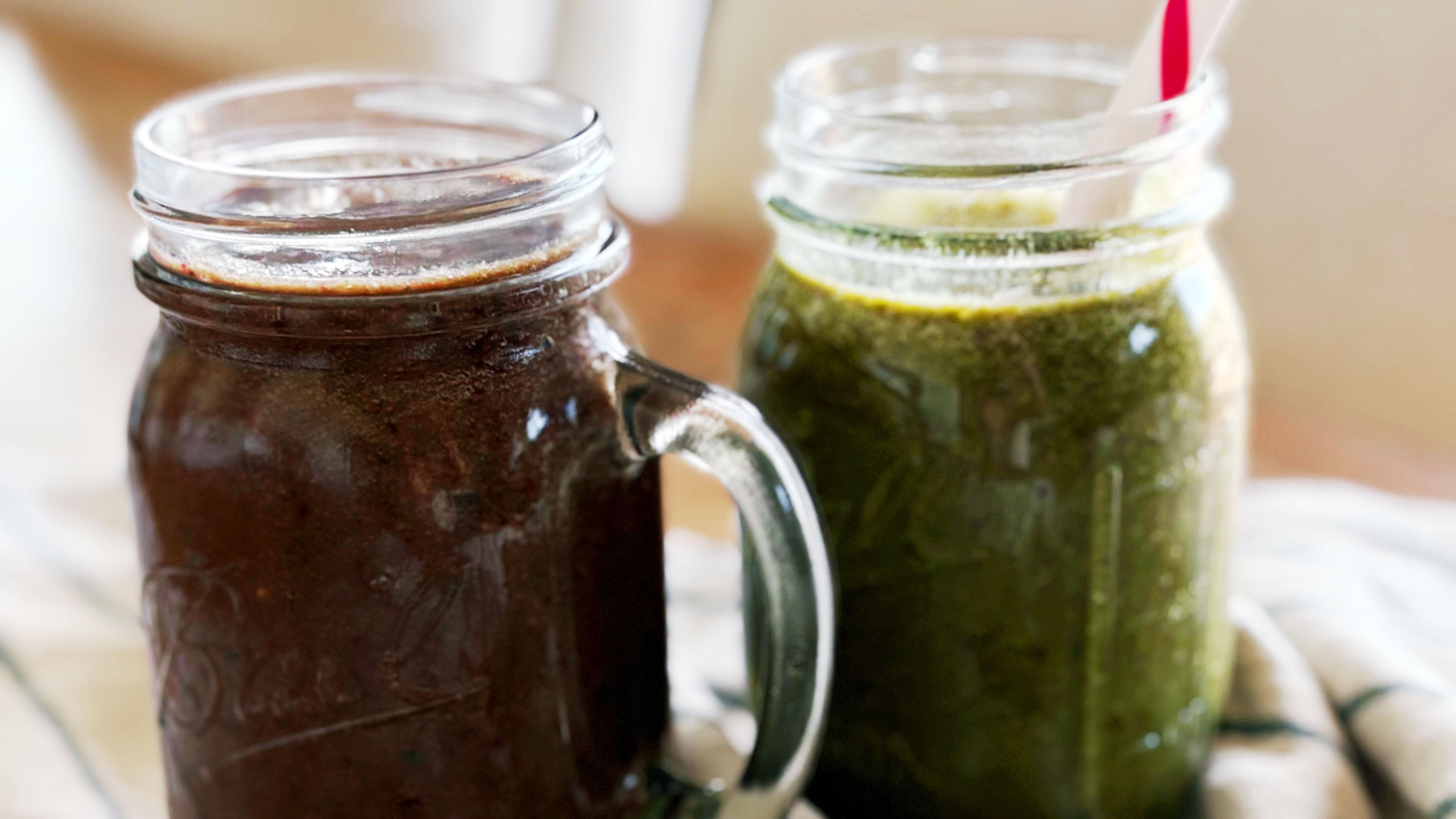Nutrition Quackery: How to make sure a nutrition resource is reliable
Sep 12, 2023
Nutrition is a complex and ever-changing field, so it's important to be able to identify reliable sources of information. With so much information available, it can be difficult to know what is fact vs. fiction. Here are a few tips to help you find reliable nutrition resources:
Look at the source: Who is the author or creator of the resource? Are they a qualified expert in nutrition? Are they affiliated with a reputable organization?
- For example, articles from government agencies, academic institutions, and professional organizations are generally more reliable than articles from commercial websites or blogs.
- Just because someone has MD after their name doesn’t make them a nutrition expert, make sure the people you follow are experts in the field they are discussing. Look for Registered Dietitian Nutritionist or RDN when it comes to nutrition advice. And for sports nutrition expertise specifically, look for someone who has RDN and CSSD (Board Certified Specialist in Sports Dietetics) credentials.
Check for evidence: Does the resource cite scientific studies to support its claims? Are the studies credible and relevant? Be wary of resources that make claims that seem too good to be true, or that don't provide any evidence to support their claims.
Beware of bias: Does the resource seem to be promoting a particular product or diet? Is it sponsored by a company that has a financial interest in the information being presented? Be critical of any resource that seems to be biased in favor of a particular product or viewpoint.
- If a source is telling you that a specific supplement is important for your health, and they just so happen to own the supplement company, I recommend doing more research before believing what they are telling you!
Use common sense: If something sounds fishy, too good to be true, or a cure all, think again! If a resource makes claims that contradict what you know to be true, or if it seems to be trying to scare you into making a change, be skeptical.
Here are some specific red flags to look out for when evaluating nutrition resources:
- Claims of quick fixes or miracle cures. There is no such thing as a quick fix for good health. Sustainable changes to your diet and lifestyle take time and effort.
- Extreme or restrictive diets. Any diet that eliminates entire food groups or restricts calories to an unhealthy level is not sustainable or healthy.
- Personal testimonials. While personal testimonials can be inspiring, they are not scientific evidence.
- Fear-mongering. Any resource that tries to scare you into making a change is not a reliable source of information.
If you're unsure about the reliability of a particular nutrition resource, it's always best to consult with a Registered Dietitian Nutritionist (RDN). RDNs are qualified experts in nutrition who can help you make informed decisions about your diet and health.
Just because it can be found on the internet or is said on a podcast doesn’t make it true! Do your part in researching your sources of information to make sure they are reliable and honest. Be sure to reach out to one of the Sport Dietitians at eNRG Performance if you would to talk with a sports nutrition expert.
SUBSCRIBE AND WE WILL DROP SOME HEALTHY INSPIRATION IN YOUR INBOX
We hate SPAM. We will never sell your information, for any reason.







